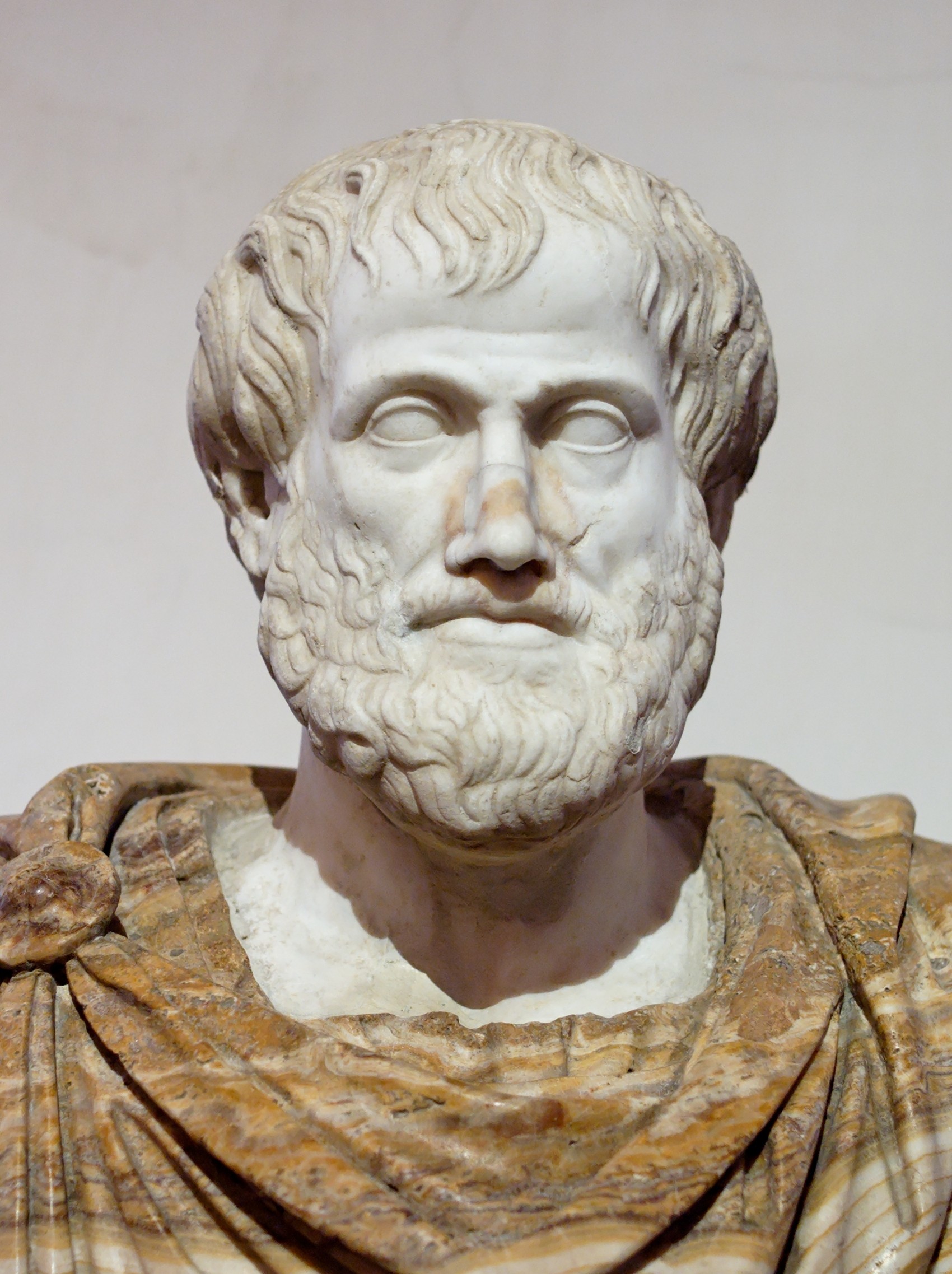Aristotle, a prominent figure in ancient Greek philosophy, is widely recognized for his contributions to political theory. But did he actually invent comparative political science? This article delves into Aristotle’s work, specifically his Politics, to examine his methods and determine the extent to which they align with modern comparative political science.
 Aristotle Bust
Aristotle Bust
Aristotle’s Approach to Politics
Aristotle’s approach to understanding politics was deeply rooted in observation and analysis. In Politics, he meticulously examined the constitutions of various Greek city-states, as well as those of some non-Greek societies. This involved comparing different forms of government, such as democracy, oligarchy, and monarchy, and analyzing their strengths and weaknesses. His method involved classifying constitutions based on the number of rulers and whether they governed for the common good or solely for their own benefit.
The Politics, Aristotle’s seminal work on political philosophy, contains observations and analyses of various political systems.
Comparing Constitutions: A Comparative Method?
Aristotle’s systematic comparison of different political systems bears a resemblance to the comparative method employed in modern political science. By studying a range of political systems, he sought to identify patterns, draw generalizations, and understand the factors contributing to political stability and instability. He even recognized the importance of studying not just ideal constitutions but also existing ones, even flawed ones, to understand the practical challenges of governance.
Limitations and Differences
While Aristotle’s work exhibits comparative elements, it differs significantly from modern comparative political science in several aspects. Firstly, his analysis was primarily qualitative and lacked the rigorous quantitative methods and statistical analysis that characterize contemporary political science research. Secondly, his focus was limited to a relatively small number of city-states, primarily within the Greek world, which limits the generalizability of his findings. Finally, his approach was heavily normative, aiming to identify the best form of government rather than simply describing and explaining political phenomena.
Conclusion: A Precursor, Not the Inventor
While Aristotle did not invent comparative political science in the modern sense, his comparative approach to studying political systems and his emphasis on empirical observation undeniably laid the groundwork for the discipline’s development. His Politics remains a significant contribution to political thought, offering valuable insights into the nature of government, citizenship, and justice. He can be considered a crucial precursor to the field, but not its sole inventor. The development of comparative political science as a distinct academic discipline with its sophisticated methodologies occurred centuries later.
